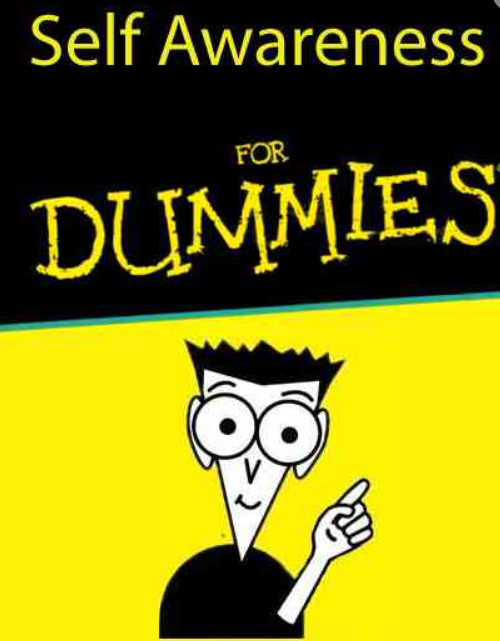There is a massive amount of discussion and debate regarding what skills are the most important in life (both professional and personal).
However, I would like to argue that self-awareness is the most important critical skill of them all.
What is self-awareness?
Self-awareness is the ability to consciously perceive, understand, and reflect upon oneself, including one’s thoughts, feelings, beliefs, motivations, and behaviours. It involves being aware of both internal aspects of oneself, such as emotions and thoughts, and external factors, such as how one is perceived by others and how one interacts with the world.
What does self-awareness look like?
- Internal self-awareness: This involves having insight into one’s own thoughts, emotions, values, and beliefs. It includes being able to recognize and label emotions, understand the reasons behind one’s actions, and identify personal strengths and weaknesses.
- External self-awareness: This refers to being aware of how one is perceived by others and how one’s actions impact others. It involves understanding social cues, empathizing with others’ perspectives, and adjusting behaviour accordingly in social situations.
Self-awareness is not a fixed trait but rather a skill that can be developed and cultivated over time through introspection, self-reflection, feedback from others, and experiences that challenge and broaden one’s perspective.
It is essential for personal growth, effective communication, building meaningful relationships, and navigating the complexities of life with authenticity and integrity.
So why is it important?
Self-awareness is crucial for various aspects of life, including personal growth, relationships, and professional success. Here’s why it’s so important:
- Understanding yourself: Self-awareness allows you to understand your thoughts, emotions, and behaviours more deeply. This understanding helps you identify your strengths, weaknesses, values, and motivations, providing clarity about who you are and what you want out of life.
- Effective decision-making: When you’re self-aware, you make decisions that align with your values, goals, and priorities. You’re less likely to be swayed by external influences or societal expectations because you have a clear understanding of what matters most to you.
- Emotional intelligence: Self-awareness is a cornerstone of emotional intelligence, which involves recognizing and managing your own emotions as well as understanding and empathizing with the emotions of others. This skill is essential for building healthy relationships, resolving conflicts, and navigating social situations effectively.
- Personal growth: Self-awareness is the first step toward personal growth and development. By acknowledging your strengths and weaknesses, you can identify areas for improvement and take proactive steps to enhance your skills, knowledge, and abilities.
- Authenticity: Self-awareness enables you to live authentically by being true to yourself and expressing your thoughts, feelings, and beliefs openly and honestly. When you’re in tune with your authentic self, you’re more confident, resilient, and capable of overcoming challenges.
- Better relationships: Self-awareness improves your relationships with others by helping you understand how your thoughts, emotions, and behaviours impact those around you. It fosters empathy, compassion, and mutual respect, leading to deeper connections and more fulfilling interactions.
- Professional success: Self-awareness is a critical trait for success in the workplace. It allows you to recognize your strengths and weaknesses as well as areas for professional growth. It also enhances your ability to communicate effectively, collaborate with others, and adapt to changing circumstances.
Therefore, to summarise, self-awareness is the foundation of personal and interpersonal effectiveness.
It empowers you to live with intention, make conscious choices, and lead a more fulfilling and meaningful life.


Recent Comments